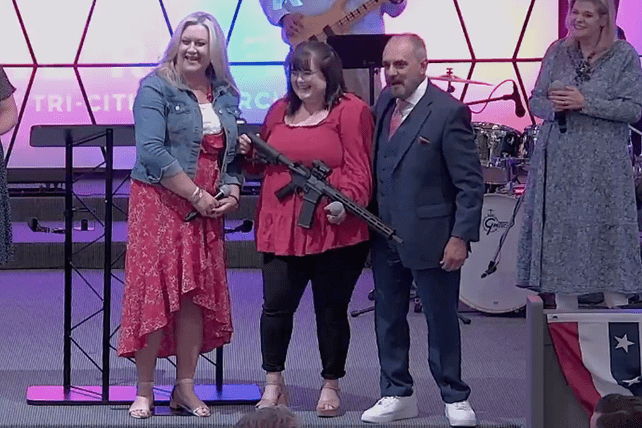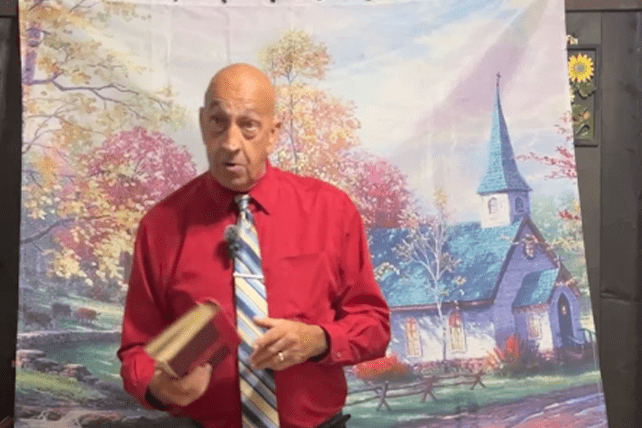Surrounding yourself with believers who will encourage and equip you is paramount for your relationship with God. This thought isn’t new, but it’s more important than ever. However, for pastors and church leaders, being in close relationships with others is often easier said than done.
Aware of this unique challenge that ministries face today, Pastor Jonathan Stockstill at Bethany Church in Baton Rouge, Louisiana, envisioned a place where fostering a healthy community for personal and spiritual growth was the foundation. As a third-generation pastor of a church founded in 1963, it was this thought that spurred the creation of All Access, Bethany Church’s pastoral network.
It shouldn’t come as a surprise that ministry isn’t easy. Remember, Jesus spoke about the hardships we would all face when we follow Him. Sadly, too many people have attempted to do life alone, and the burden becomes too much to bear. Through All Access, church leaders can become part of a network of pastors from across the country who pray, fellowship, and share resources and experiences with one another. It is the ministry’s mission to strengthen the local church by empowering and refreshing pastors and leaders.
Knowing there’s more competition for a pastor’s attention than ever, it can be hard to justify and commit to opportunities that require more than a few minutes of one’s calendar. In fact, the value of in-person interaction can easily be overlooked in favor of what’s easiest and most convenient. Ensuring that the ministry’s focus remains on relationships that last, All Access values connection and intentionally creates fun environments where gathering with other like-minded churches is easy and makes differences that last.
It’s through these opportunities that one quickly realizes the impact that relationships have on accountability, growth, and long-term success. Investing in the right relationships is crucial, and All Access offers specific events for both senior pastors and key church leaders throughout the year. Whether it’s a time of refreshing and restoration or strategizing and empowering, there’s much to gain from coming together with other believers who know you and support you.
Your interaction with All Access doesn’t stop once the event ends. In fact, it’s just beginning. As part of the All Access family, everything available to you between events is free! Through one-on-one coaching, an extensive library of resources for local churches, and its own podcast, All Access strives to see you succeed long after you leave town.
Whether you’ve come back for more or are checking things out for the first time, you can experience All Access in action during EMPOWER 2023. Happening Sept. 11-13 in Baton Rouge, Louisiana, pastors and key church leaders will gather during insightful team-specific lab sessions, powerful corporate worship moments, personal ministry times, and more. Come get a taste of the one-of-a-kind culture and hospitality of South Louisiana and return home with relationships and resources that can help you last a lifetime. To sign up or learn more, visit bethanyallaccess.com or email allaccess@bethany.com.































